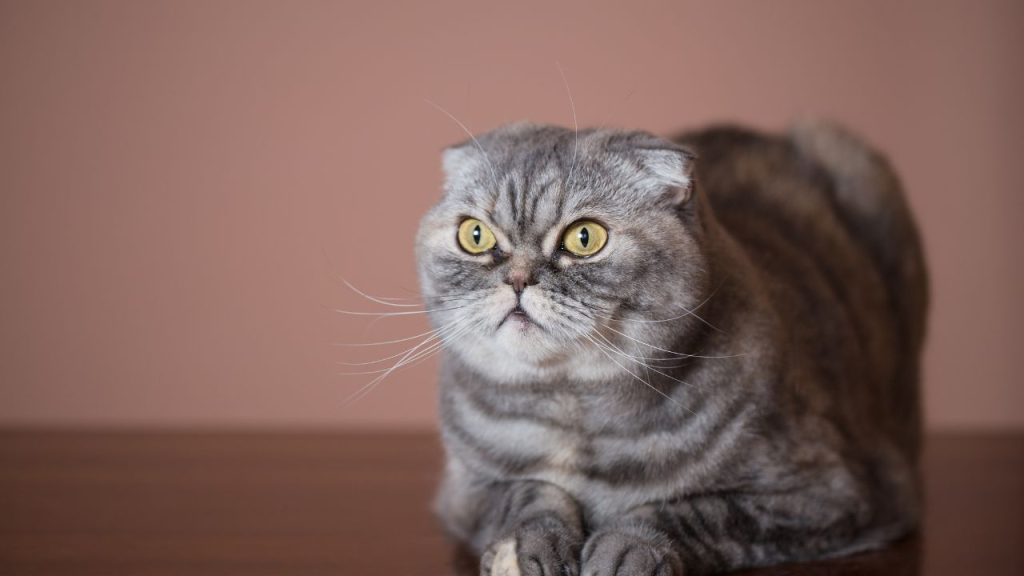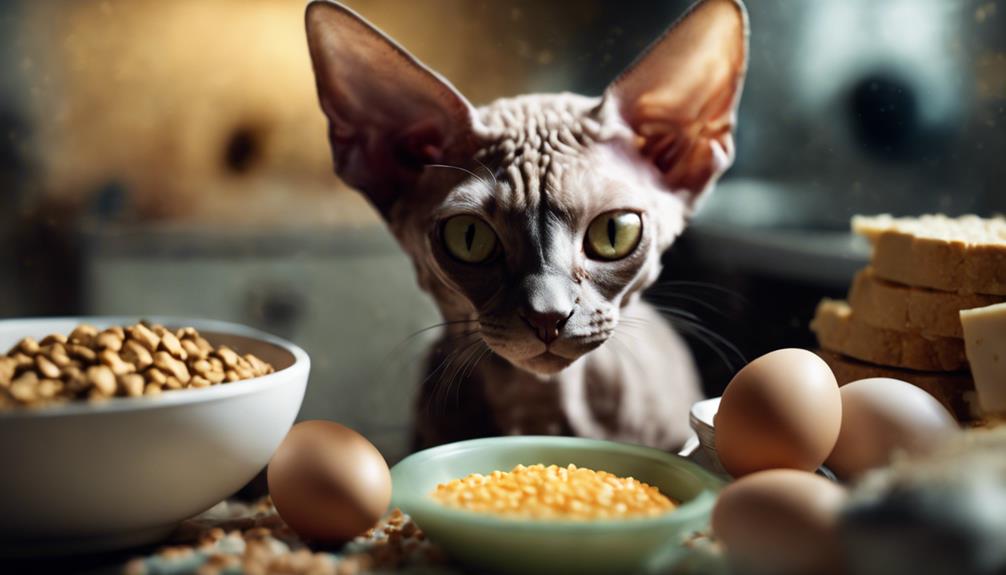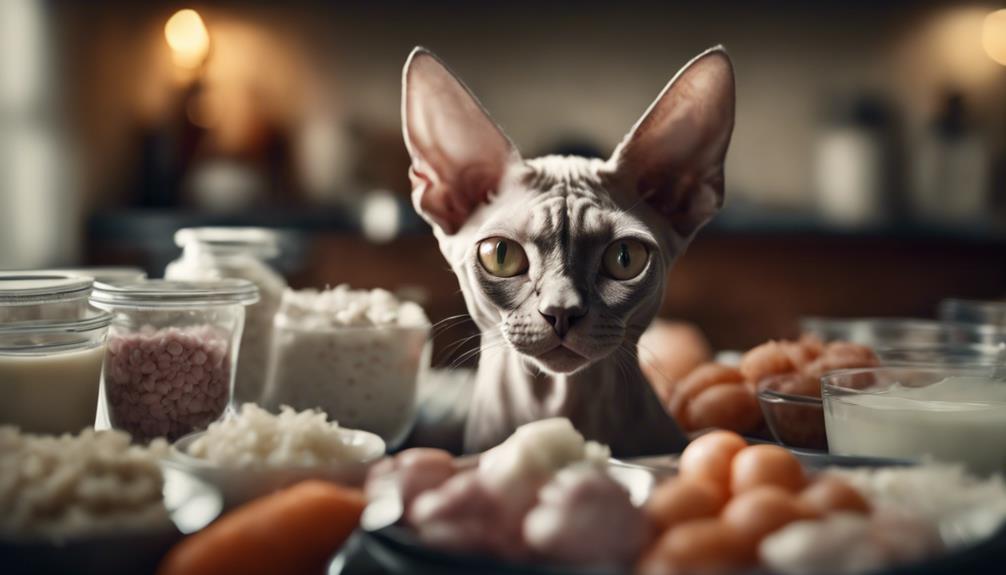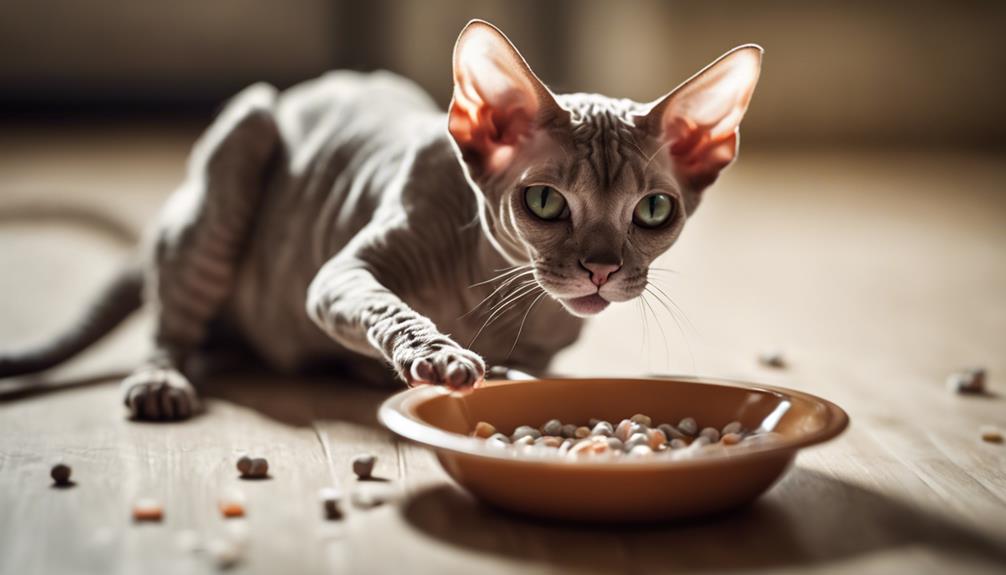Folded ears in cats are a unique and adorable trait that many cat lovers find endearing. However, some cat owners may wonder what causes this distinctive feature. There are several reasons why a cat may have folded ears, including genetics, injury, or infection.
One of the most common reasons for folded ears in cats is genetics. Certain breeds, such as Scottish Folds, are known for their distinctive folded ears. This trait is caused by a genetic mutation that affects the cartilage in the ears, causing them to fold forward. While these cats may look cute and cuddly, it’s important to note that this genetic mutation can also cause health problems, such as joint issues and ear infections.
In addition to genetics, injury or infection can also cause a cat’s ears to fold. Trauma to the ears, such as from a fight or accident, can lead to damage to the cartilage, causing the ears to fold. Ear infections can also cause the ears to become inflamed and swollen, leading to a folded appearance. It’s important to keep an eye on your cat’s ears and seek veterinary care if you notice any changes in their appearance or behavior.
Genetics
The folded ears in cats are caused by a genetic mutation that affects the development of cartilage throughout the body. The mutation is a dominant gene, which means that if a cat inherits one copy of the gene from either parent, it will develop folded ears. The gene is called the Fd gene, and it is responsible for the unique appearance of Scottish Fold cats.
Cats that inherit two copies of the Fd gene are more likely to develop health issues related to cartilage and bone, such as joint issues and scoliosis. Therefore, breeding two cats with the same gene can lead to a quarter of the kittens receiving a “double dose” of that fold ear gene. This is why it is important to avoid breeding two cats with the same gene together.
Cats with one copy of the Fd gene will have folded ears, while cats with two copies of the gene may have more severe ear folding and other health issues. Cats with no copies of the Fd gene will have straight ears and cannot transmit the fold variant to their offspring.
It is important to note that not all cat breeds with folded ears have the Fd gene mutation. Some breeds, such as the American Curl, have ears that curl back due to a different genetic mutation. Therefore, it is essential to identify the specific gene responsible for the ear folding in each breed to prevent health issues caused by breeding cats with the same gene.

Breed-Specific Factors
The most well-known breed of cat with folded ears is the Scottish Fold. The breed’s unique appearance is the result of a dominant gene mutation that affects the cartilage throughout the body, causing the ears to fold forward and down towards the front of the head. This gives the cat an “owl-like” appearance that is highly sought after by many cat lovers.
Unfortunately, the gene mutation that causes the folded ears in Scottish Folds is also associated with a range of health problems. Cats with two copies of the gene are more prone to bone and cartilage problems, including a condition known as osteochondrodysplasia. This condition can cause severe pain and discomfort, and can even lead to paralysis if left untreated.
Because of these health concerns, many breeders are now working to develop new breeds of cats with similar appearances to the Scottish Fold, but without the associated health problems. These breeds, which include the Highland Fold and the British Shorthair Fold, are becoming increasingly popular among cat lovers who want a unique-looking pet without the risks associated with the Scottish Fold.
In addition to the Scottish Fold, there are a few other breeds of cats that are known for their folded ears. These include the American Curl and the Foldex. While these breeds may share some similarities with the Scottish Fold, they are not as well-known or as popular among cat lovers. However, they may be a good choice for those who are looking for a unique-looking pet that is less prone to health problems than the Scottish Fold.
Other Factors
Aside from genetic mutations, there are other factors that can cause folded ears in cats. Here are some of them:
-
Infections – Ear infections in cats can cause inflammation and scarring of the ear cartilage, which may lead to the folding of the ears. Bacterial and fungal infections, as well as ear mites, can cause ear infections in cats.
-
Injuries – Trauma to the ears, such as bites, scratches, or blunt force, can damage the ear cartilage and lead to the folding of the ears. Injuries to the ears can also cause inflammation and scarring, which can contribute to the development of folded ears.
-
Medical conditions – Some medical conditions, such as autoimmune disorders and skin allergies, can cause inflammation and scarring of the ear cartilage, which may lead to the folding of the ears. Cats with these conditions may also experience other symptoms, such as itching, hair loss, and skin lesions.
-
Medications – Certain medications, such as long-term use of corticosteroids, can cause the ear cartilage to weaken and fold over time. This can lead to permanent changes in the shape of the ears.
It’s important to note that not all cats with folded ears have a genetic mutation or underlying medical condition. Some cats simply have naturally floppy ears, which may give the appearance of folded ears. If you’re unsure whether your cat’s folded ears are due to a genetic mutation or another factor, it’s best to consult with your veterinarian.




